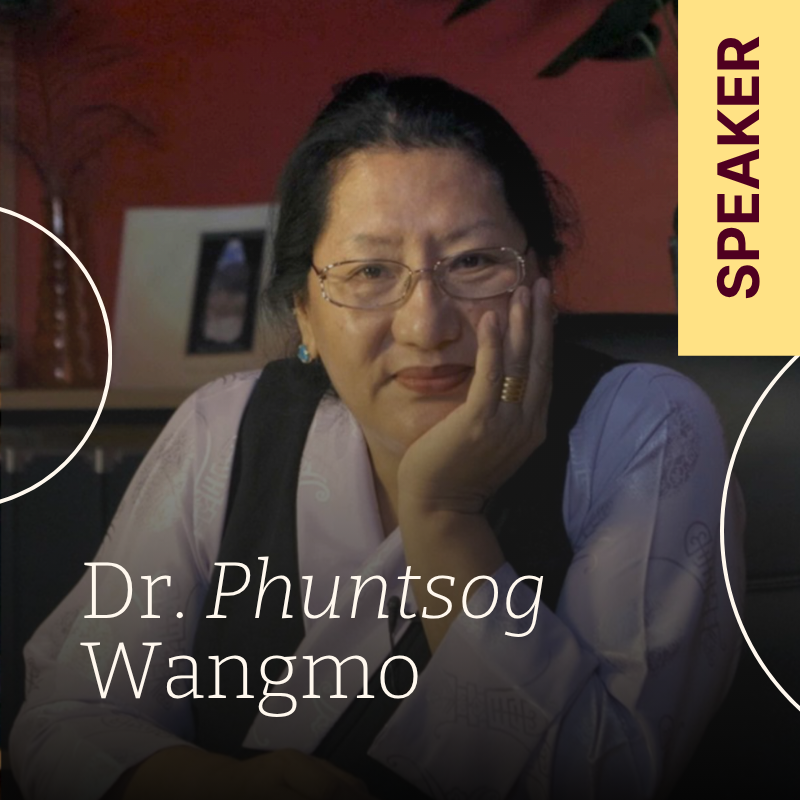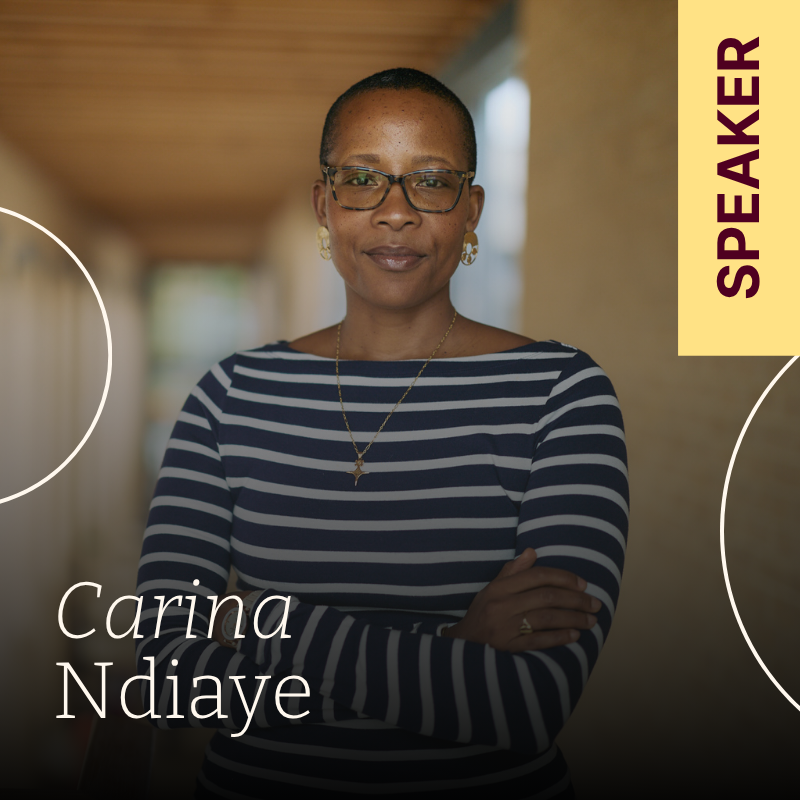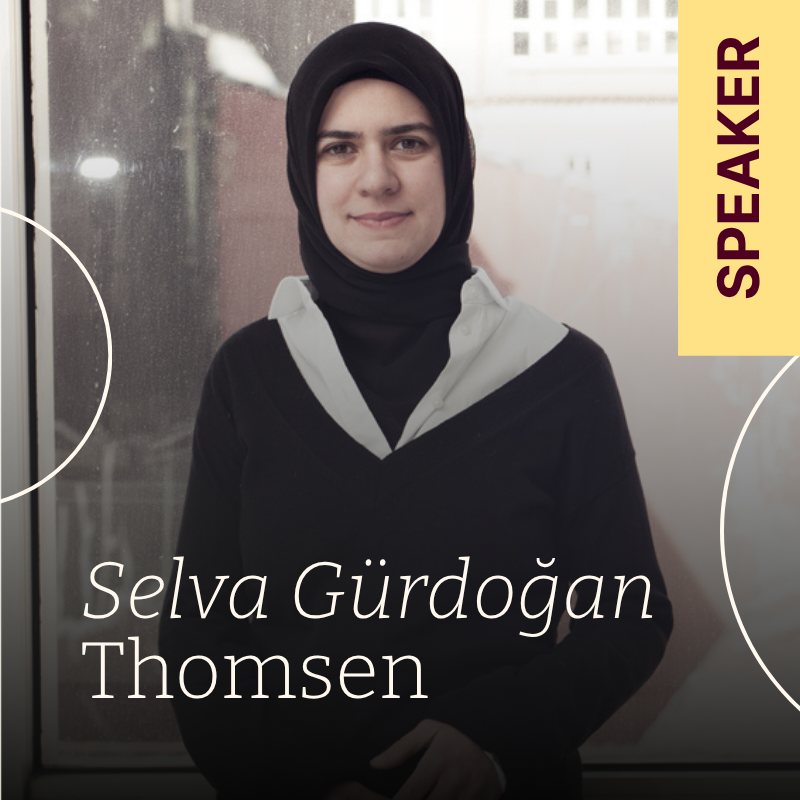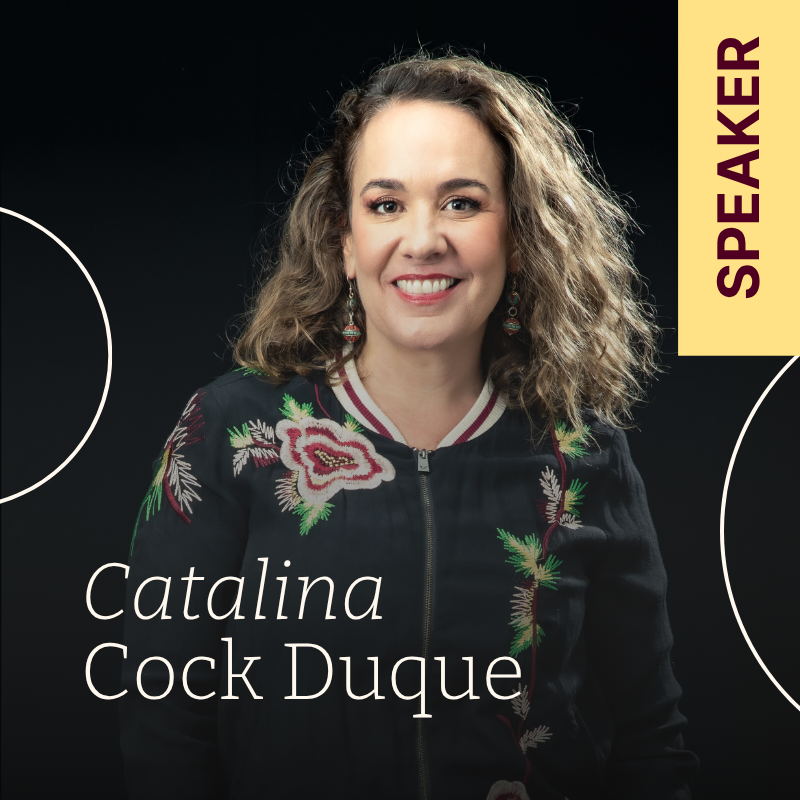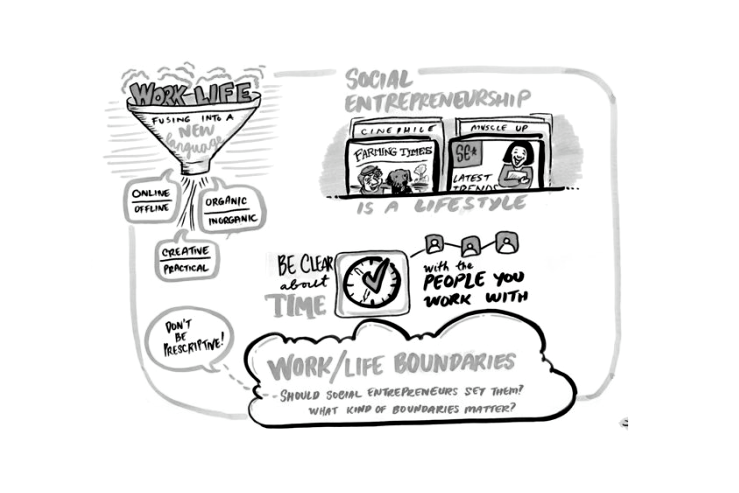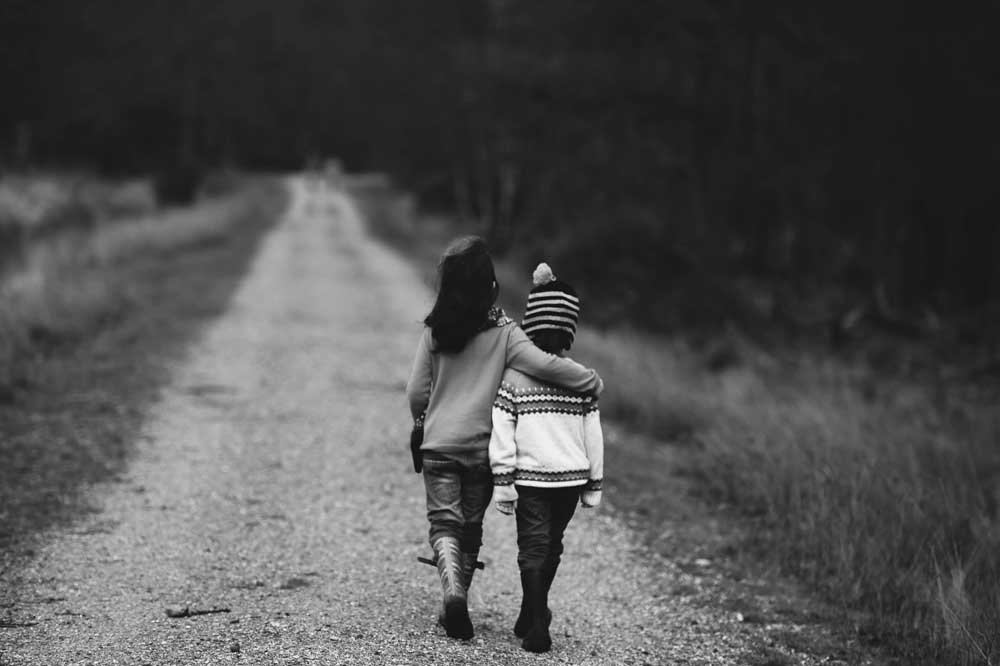THE WELLBEING JOURNEY THE WELLBEING JOURNEY

By Andreas Heinecke.
Three quotes are in my mind:
“Yesterday I was clever and wanted to change the world. Today I am wise and want to change myself.” – Rumi
“The wound is the place where the Light enters you.” – Rumi
“I am a worm. But at least a glow worm.” – Winston Churchill
Let’s keep the quotes in mind for the time being. How do I share my experiences? How do I talk about The Wellbeing Project? How do I find the right words for a matter of the heart? Let me start at the beginning. We all benefit from the newsletters and invitations we receive from the Schwab Foundation or Ashoka. Three years I received information about The Wellbeing Project with an invitation to apply. After a quick look I rejected the idea, as, under my German lens, the whole notion was a bit fluffy and, if I may say so: too American. What does wellbeing mean? Yoga and eating vegan came to mind, both things I do not practice. The idea was quickly forgotten, and I didn’t spend another minute thinking about becoming a traveler on a spiritual journey. Certainly I was far too busy, and not interested in spending time with other wellbeing seekers. Pressure in these days was extremely high. We were facing some serious financial issues, we wanted to merge with an international non-profit to gain scale and stability and then I became seriously sick with cancer. Despite financial troubles, we survived for another year. The merger failed with a lot of frustration. I underwent surgery. We all have times when we feel like hamsters in the wheel, see no way to get out, carry a huge load of responsibility, swing between megalomania and self-shrinkage, if I may say so. I am sure you know what I am talking about.
When I spoke with Bart Weetjens about my current challenges, he immediately pushed me to apply to The Wellbeing Project. I was a bit hesitant due to the mentioned reasons. Also, the deadline was too close to write a serious application. But I did it, and didn’t receive an answer. This was quite frustrating, and I dropped an angry line that I was at least expecting an answer. Wellbeing starts for me with respect, and I feel heavily disrespected when I do not receive an answer to a question. Very soon after my mail, I did receive a response, and was asked when I could meet Aaron Pereira, who was mentioned as the lead of The Wellbeing Project. Okay, no problem to meet Aaron, to talk with him and to learn more about The Wellbeing Project. We met, and he expressed pity for my situation, which wasn’t helpful for me. I don’t know how many times he said “I am so sorry,” which was irritating for me. Until then I had been able to get out of all the mess, and pity didn’t help me. In addition, I was pretty confused when he told me that The Wellbeing Project was not an occasion to better my professional performance and it had nothing to do with my career as a social entrepreneur. He knew cases where social entrepreneurs even stepped out and started something completely different. I remember thinking, “What the hell I am going to do with a program that may cause me to question and possibly give up my social enterprise?” A second interview with Nancy Mortifee, the dean of the Inner Development Program, followed. Another disappointment took place. If The Wellbeing Project was about my spiritual health, didn’t my wife need to join? How could I be healed without her? How could I implement the learnings when my better half wasn’t part of it? Nancy quickly made clear that the program was exclusively for me, and as much as she appreciated my attempt to bring my wife in, this was absolutely not possible. Okay, no wife, no job, fluffy perspectives, what the hell was I going to do with The Wellbeing Project? Shortly after the interview I got the good news of my acceptance as a member of the 3rd cohort. Great, but what did it mean?
I contacted two friends who had attended the program already and they praised the experience in the highest possible way. Life changing, no way to express the depth, you just have to do it, and so on. All this sounded like brainwashing, and I was quite skeptical of becoming a member of the wellbeing tribe. On the other hand, I was curious and eager to onboard and make the most of the opportunity. The perspectives were quite good: three retreats in nice places, all paid for and – most importantly – some holidays with like-minded people. I did receive an outline of the program, which gave me a bit more insight, and from this moment on, I took it very seriously. As the whole program was meant to help me as a person, I wanted to understand where I was in those days. What were my most bothering thoughts? How was I perceived by my closest friends?
I wrote a letter to myself, which I quickly stopped, because a rigid reflection about myself quickly led to a sort of self-destruction. Suddenly I questioned my whole narrative, and I wasn’t sure about the story I was telling. I felt fake, and had no answer to who I was after this psychological strip tease. I asked my friends how they saw me. What did they like and dislike? As they were real friends they didn’t just give me some nice remarks about how wonderful I was. I faced some critical remarks, which truly made sense for me. Wow, what a start.
The first retreat started. It took place in a beautiful landscape in the Swiss mountains. We were told to stay offline and not to talk about our business. Who I am offline when I am not able to talk about the center of my life? I can make it short: this first retreat was truly groundbreaking, as it gave me a complete and totally unexpected shift for the future. I decided to explore my handwriting, find a new balance of being on and offline, control my alcohol consumption, write a book and to take a sabbatical. That’s quite a lot, and can be only explained through the intensity of being challenged and loved in the same moment. Our lead facilitator Judith had and has a very strong personality, with a real authority. We did a “family constellation” based on Bert Hellinger’s methodology, which was very, very demanding. Suddenly, you witness so much pain and suffering around you. You understand that we all are pretenders, carrying a double identity of being super successful but simultaneously in the depths of despair. We returned to an infant stage, swinging in a second from joyfulness and happiness to sadness and pain. It was super demanding to be confronted with all your hidden stories and repressed memories, but then to be collected by personal care, friendship and love in truly difficult moments of your life. This first retreat was magic. It gave me a completely new direction, and after leaving the retreat I went to Antwerp to thank Bart. What a wonderful moment it is now to stand beside him and to have the chance to share my journey with you.
We are all giants of comprehension and dwarfs of execution. How often do we have best intentions that are absorbed by the “reality” of life? But – to my surprise – it stayed with me. I practiced what I preached and pledged, and planned where to spend my sabbatical carefully. This was the first time in my 30 years of being a human rights fighter that I allowed myself to take a break. A second and a third retreat followed. It was an emotional roller coaster, feeling connected and disconnected, a victim of my high expectations, surprised by myself, sometimes disappointed by the others, being confronted with more questions than answers, but deeply assured that this was the right way. The Wellbeing Project was the right way for me in that particular moment of my life. It helped me to get out of my routines, to see myself more than “just” a social entrepreneur. As a super ambitions person, I reconciled with and could accept my limitations a little bit better. One main sentence will stay for me forever: mindfulness is the awareness of non-intervention and the boldness to acquire a country house in Portugal. That’s a place where I feel serenity. I am a part of nature, and can sit on my stool and peel bamboo sticks for hours. Aaron was right. The Wellbeing Project didn’t help me to become a <<better>> social entrepreneur, and I sometimes have the feeling that I am less engaged. Maybe I learned to give more space to others and to trust them to find alternative ways to drive our mission. Maybe. But it made me a better person, as I feel more balanced, calm and less pressured.
These might not be huge efforts. But for me they mean a lot.
Coming back to the quotes:
Yes, through pain you gain. The Wellbeing Project is painful, and it confronts you with yourself in an unavoidable way. You must be super ignorant, if you don’t take the lessons.
Yes, we can gain wisdom, when we start to look at ourselves. Our mission and vision shouldn’t be an excuse to flee from ourselves.
Yes, we are worms, but at least we are glow-worms.

